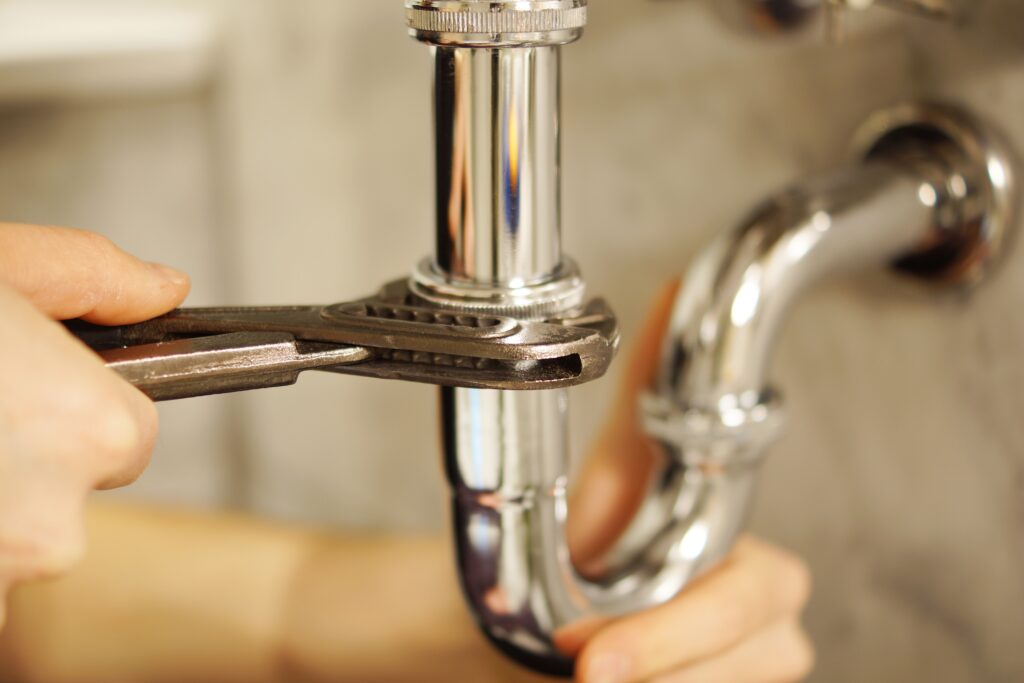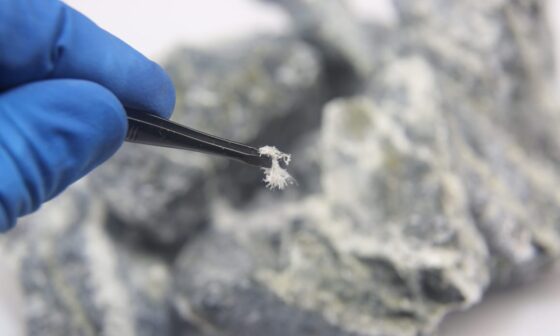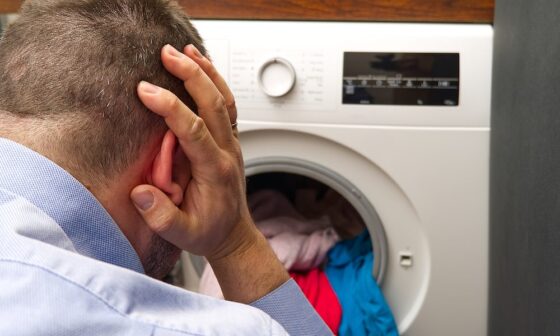
How often do you think about the pipes in your home or business? If you’re like most people, probably not until something goes wrong. By then, you’re dealing with unexpected costs, water damage, and stress that could have been avoided. The truth is, regular pipe maintenance and inspections aren’t just for old buildings or plumbing nerds—they’re a smart move for anyone looking to save money and avoid headaches down the road.
Why pipe maintenance should be your radar
Pipes are the hidden veins of any building, working tirelessly behind walls and under floors. While they might seem out of sight and out of mind, neglecting them can lead to serious issues. Leaks, blockages, and corrosion don’t usually happen overnight—they build up slowly, often giving subtle warning signs that go unnoticed. Staying proactive with regular pipe maintenance and inspections helps catch these problems early, saving you from costly repairs and potential property damage.
The hidden costs of ignoring your pipes
It’s easy to assume that if everything seems fine, there’s no need for maintenance. But plumbing issues have a sneaky way of becoming expensive surprises. Water damage from a burst pipe doesn’t just affect the plumbing—it can ruin walls, flooring, furniture, and personal belongings. There’s also the risk of mold growth, which brings health concerns and even more repair bills. Plus, wasted water from small, unnoticed leaks can drive up utility costs over time.
Imagine paying hundreds—or even thousands—of dollars for emergency repairs that could have been avoided with routine check-ups. Regular inspections might seem like an added expense, but they’re an investment that pays off in the long run.
How regular inspections keep yo ahead of problems
You don’t need to be a plumbing expert to appreciate the benefits of a professional inspection. During these check-ups, trained technicians use specialized tools to assess the condition of your pipes, identify potential weak spots, and recommend solutions before issues escalate. They look for signs of corrosion, mineral buildup, cracks, and hidden leaks that aren’t visible to the naked eye.
Here’s why scheduling regular inspections makes sense:
- Reduced emergency repairs – With fewer unexpected breakdowns, you avoid the chaos and expense of emergency fixes.
- Early detection – Spotting minor issues before they become costly disasters.
- Improved efficiency – Pipes free of blockages and buildup help your plumbing system run smoothly, conserving water and reducing utility bills.
- Peace of mind – Knowing your pipes are in good shape means one less thing to worry about.
- Longer pipe lifespan – Preventative care helps your plumbing system last longer, saving you money on replacements.
Signs you shouldn’t ignore
Even with regular maintenance, it’s important to stay alert to warning signs that something might be wrong. Noticing these early can prevent bigger problems later:
1. Unexplained increase in water bills
If your water usage hasn’t changed but your bills are creeping up, there could be a hidden leak.
2. low water pressure
A sudden drop in pressure often indicates a blockage, leak, or pipe damage.
3. strange noises
Hearing banging or gurgling sounds from your pipes? That could be air trapped in the system or a developing blockage.
4. water discoloration
Rusty or discolored water is a red flag for corrosion in your pipes.
5. Damp spots or mold growth
Seeing wet patches on walls or ceilings? Smelling musty odors? These are strong indicators of hidden leaks.
If you spot any of these signs, it’s best to call in a professional sooner rather than later.
What does pipe maintenance actually involve?
You might be wondering what goes into maintaining your pipes beyond inspections. Regular maintenance includes tasks like cleaning out buildup, checking for corrosion, and ensuring connections are secure. Professionals often use hydro jetting to clear out stubborn blockages or camera inspections to get a clear view of the inside of your pipes.
Preventative measures, like insulating exposed pipes before winter or replacing worn-out washers and seals, can also go a long way in avoiding future issues. If you’re not sure what maintenance your system needs, a professional can provide a tailored plan based on the age and material of your pipes.
How often should you schedule inspections?
There’s no one-size-fits-all answer, but most experts recommend a professional inspection at least once a year. Older homes or buildings with a history of plumbing issues may benefit from more frequent check-ups. If you’ve recently moved into a new property, scheduling an initial inspection can give you a clear picture of the plumbing system’s condition.
Pro tips for everyday pipe care
While professional inspections are essential, there are simple habits you can adapt to keep your pipes in good shape between visits:
- Avoid pouring grease down the drain – It hardens and causes blockages over time.
- Use drain strainers – Catch hair, food particles, and other debris before they enter your plumbing.
- Be mindful of what you flush – Stick to toilet paper; avoid flushing wipes, cotton balls, or other items that can clog pipes.
- Run hot water after use – Helps clear out any lingering soap or grease.
- Insulate pipes in colder areas – Prevents freezing and bursting during colder months.
These small actions, combined with regular professional care, make a big difference.
Why waiting isn’t worth the risk
It’s easy to push pipe maintenance down the to-do list, especially when there are no obvious problems. But the cost of inaction is often much higher than the price of preventative care. Water damage repairs, increased utility bills, and emergency plumbing services can add up fast. Plus, dealing with the inconvenience of a major leak or blockage disrupts your daily routine and can take a long time to fix.
Being proactive isn’t just about saving money—it’s about protecting your property, preserving your peace of mind, and avoiding unnecessary stress.
Ready to stay Ahead?
Taking care of your pipes isn’t glamorous, but it’s one of the smartest things you can do to protect your home or business. Regular maintenance and inspections save you from the frustration, expense, and disruption that comes with plumbing emergencies. By staying proactive, you ensure that your plumbing system runs smoothly, your bills stay manageable, and your property remains safe. Don’t wait for a leak to force your hand—take control now and enjoy the long-term benefits.


